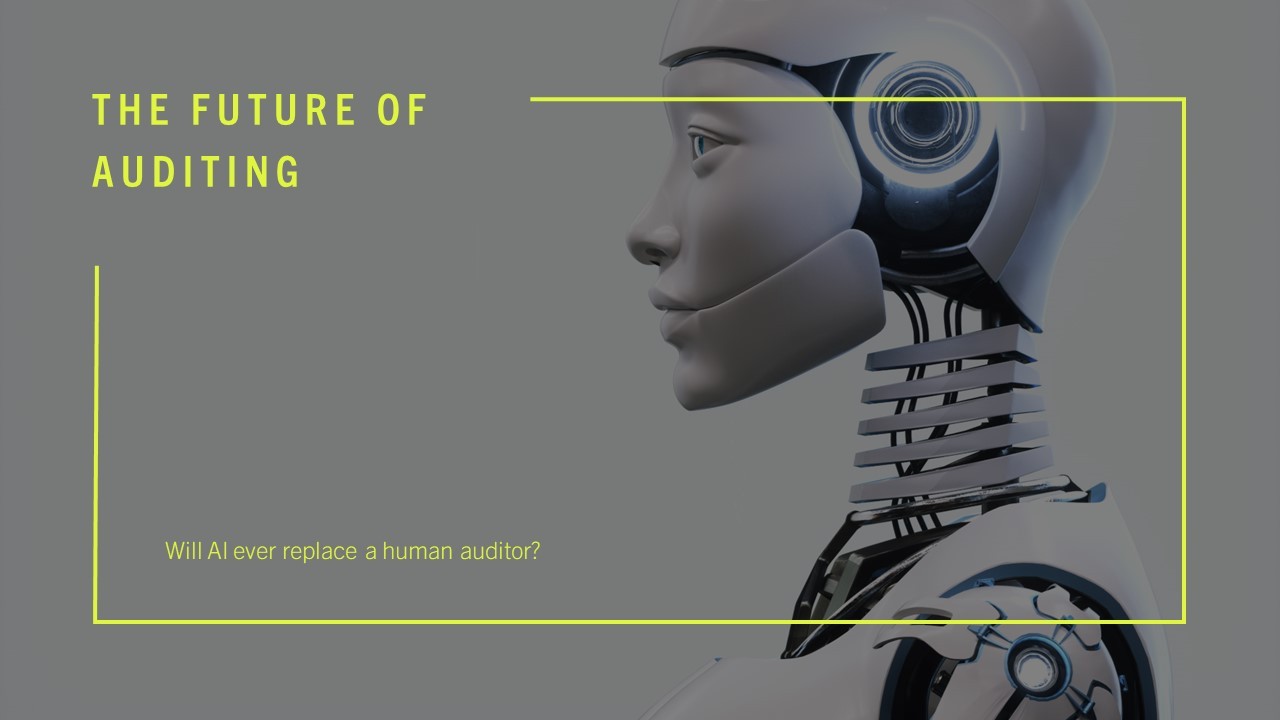Artificial Intelligence (AI) is changing many industries. One big question is: will AI replace auditors? This blog will explore the role of AI in auditing. We will discuss what auditors do, how AI works, and the future of auditing jobs.
What Do Auditors Do?
Auditors check financial records. They make sure everything is accurate. They also help companies follow laws and rules. Here are some of their main tasks:
- Review Financial Statements: Auditors check balance sheets and income statements.
- Assess Risks: They identify areas where mistakes might happen.
- Ensure Compliance: Auditors make sure companies follow laws.
- Provide Recommendations: They suggest ways to improve financial practices.
Auditors play a crucial role in any business. They help build trust with investors. Their work ensures the company is honest and transparent.

Credit: www.mindbridge.ai
How Does AI Work in Auditing?
AI uses algorithms and data to perform tasks. It can analyze large amounts of information quickly. Here are some ways AI helps in auditing:
- Data Analysis: AI can sift through data faster than humans.
- Fraud Detection: AI can spot unusual patterns that suggest fraud.
- Risk Assessment: It can evaluate risks based on past data.
- Automation: AI can automate repetitive tasks, freeing up time for auditors.
AI tools can improve accuracy. They help auditors focus on more complex tasks. This is where human judgment and experience come in.
Benefits of AI in Auditing
AI offers many advantages in the auditing field. Here are some key benefits:
| Benefit | Description |
|---|---|
| Speed | AI processes data much faster than humans. |
| Accuracy | AI reduces human errors in data analysis. |
| Cost-Effective | AI can lower operational costs over time. |
| Scalability | AI can handle large volumes of data easily. |
These benefits make AI a useful tool for auditors. However, it does not mean that AI will fully replace them.

Credit: www.linkedin.com
Challenges of AI in Auditing
While AI has many benefits, it also faces challenges. Here are some of the main issues:
- Data Quality: AI relies on good data. Poor data leads to poor results.
- Ethical Concerns: There are worries about privacy and data security.
- Job Displacement: People fear losing jobs to machines.
- Complex Decision Making: Some tasks need human judgment that AI cannot replicate.
These challenges must be addressed. Companies need to find a balance between AI and human auditors.
The Future of Auditing Jobs
Many people wonder if AI will take over auditing jobs. The truth is more complex. AI will change the role of auditors, but not replace them. Here’s why:
- Human Insight: Auditors provide valuable insights that AI cannot offer.
- Client Relationships: Auditors build trust with clients, which AI cannot replicate.
- Complex Scenarios: Some auditing situations require human understanding.
- Continuous Learning: Auditors adapt to changing regulations and environments.
Rather than replacing auditors, AI will enhance their work. Auditors will need to learn new skills to use AI effectively.
Skills Auditors Will Need in the Future
As AI becomes more common, auditors must adapt. Here are some skills they will need:
- Technical Skills: Understanding AI tools will be essential.
- Data Analysis: Auditors must be able to interpret AI-generated data.
- Critical Thinking: They need to assess AI findings and make decisions.
- Communication: Explaining complex findings to clients is vital.
These skills will help auditors stay relevant. They can work alongside AI to provide better services.
Frequently Asked Questions
Will Ai Take Over Auditing Jobs?
AI is transforming auditing but isn’t fully replacing human auditors. Critical thinking and judgment remain essential.
How Does Ai Assist Auditors?
AI automates repetitive tasks, analyzes data quickly, and identifies anomalies, enhancing overall efficiency in the auditing process.
What Skills Will Auditors Need In The Future?
Future auditors will need strong analytical skills, technological proficiency, and the ability to interpret complex data insights.
Are Ai Audits More Accurate Than Human Audits?
AI can improve accuracy by minimizing human error, but human oversight is crucial for context and interpretation.
Conclusion
In conclusion, AI will not completely replace auditors. Instead, it will change how they work. Auditors will still be needed for their insights, judgment, and relationship-building skills. AI will serve as a powerful tool to enhance their effectiveness.
As we move forward, the auditing profession will evolve. Embracing AI technology will be essential for auditors. By adapting to these changes, auditors can ensure their place in the future of finance.
So, the answer to the question is clear: AI will not replace auditors, but it will transform the profession in exciting ways.
